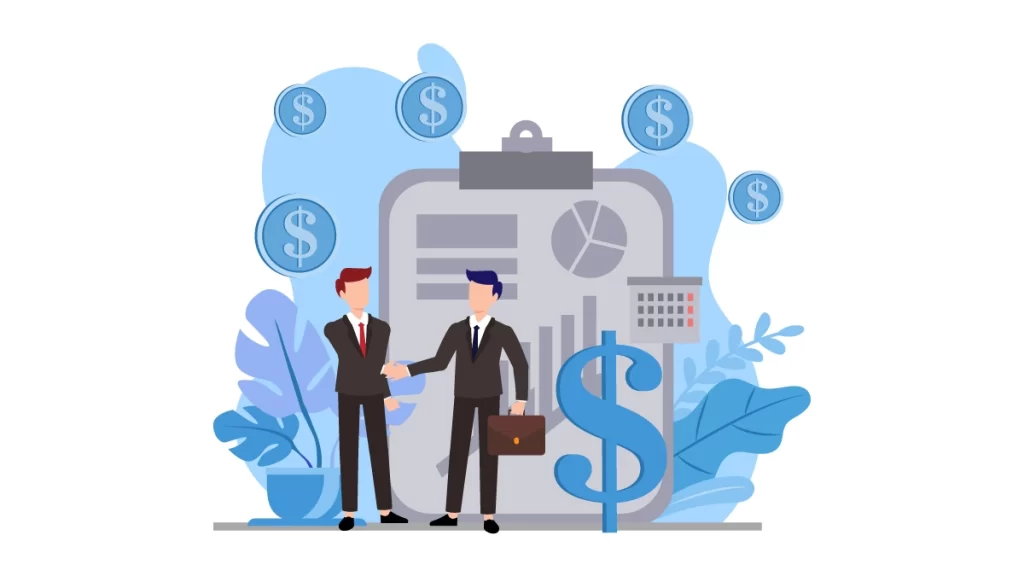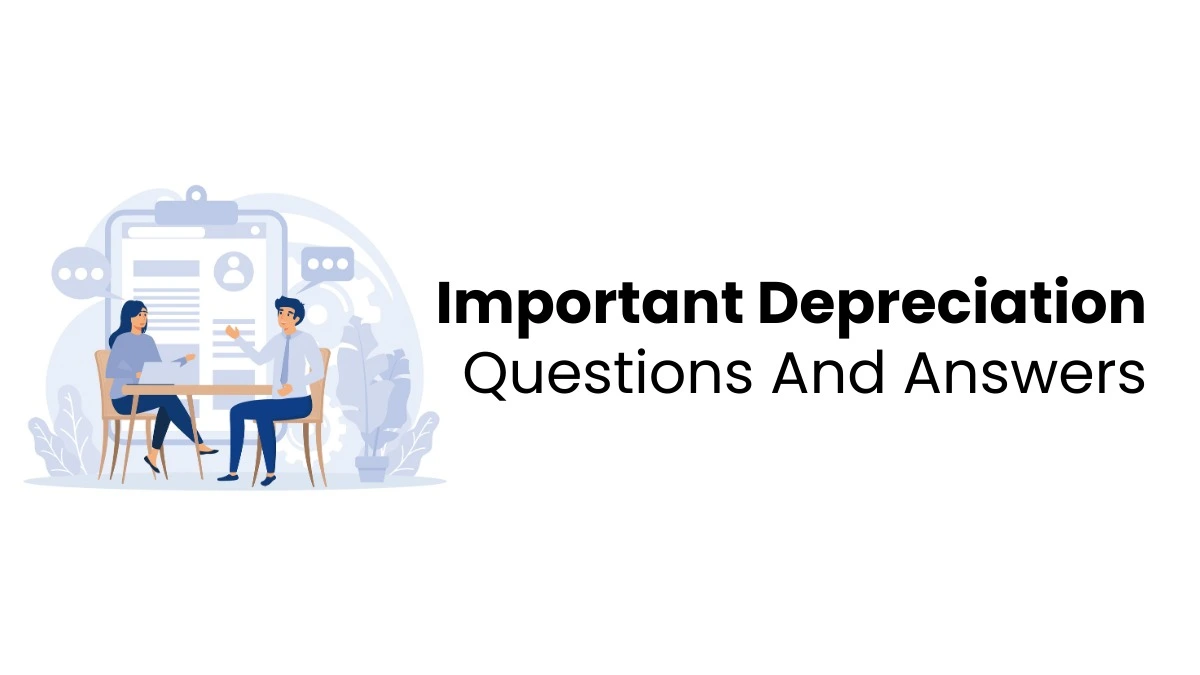Understanding the roles of creditors and debtors in your business is necessary. You might be both a creditor and a debtor, depending on your transactions. Read our simple and informative guide to get a clear overview of debtors and creditors.
What is a Creditor?
A creditor is a person, business, or organization owed money because they provided money to another party. There are two main types of creditors:
Loan Creditors
Banks or financial institutions usually lend money to businesses. The business must repay the loan, so the bank or financial institution is a creditor.
Trade Creditors
These are suppliers who provide materials or services. For example, a brick supplier is a trade creditor if they are owed money for the bricks they provide.
Consequences of having multiple creditors
If you have many creditors, keeping track of who you owe money to and when payments are due can take a lot of work. This can lead to missed payments, damaging your relationships with lenders, and hurting your credit score.
Also, having many creditors might make it harder to get approved for future loans or credit. Lenders might see you as a high-risk borrower and need to be reassured about your ability to repay new loans. Taking a finance and accounting course helps you acquire more knowledge to handle expenses correctly.

Handling Business Creditors
Managing creditors and debtors can be tricky, especially if you borrow money often. Here are some simple steps to manage creditors:
Track Payments
Set up a system to keep track of who you owe money to and when payments are due. This helps you stay organized and avoid missing payments. Automatic payments help to pay bills on time and reduce interest costs.
Stay on Top of Your Finances
Keep a close eye on your debts and payments. This helps you manage your budget and avoid issues with debt collectors.
Adjust Payment Terms
Negotiate fair payment terms to manage your creditors. Adjust the payment terms separately to understand the interest rate. You can choose from larger to smaller installments.
Clear Communication
If you have trouble making payments, tell your creditor. They may help by adjusting the terms, like lowering your interest rate or setting up a new payment plan.
What is a Debtor?
Debtors are the opposite of creditors. The debtor is a person who owes to someone else. As a business owner, you should know about two types of creditors and debtors. Here are the types of debtors;
Staff Loans
Staff loans are advances that the employees make to the employer, usually cheaper than the existing banking institutions.
Trade Debtors
Trade debtors are those in a deferred payment status, that is, those who have received goods or services but have yet to pay for them.
For instance, let a firm approach a bank to secure a loan to enable them to purchase new vehicles. If so, then the business becomes a bank debtor and is obliged to return the used amount of money, plus interest.
An example of a trade debtor is a software service provider who offers services to customers and expects payment in return. They are owed money. You may well be in the middle of these categories, being a debtor and having book and operation debtors. Knowing some of the accounting concepts helps one to handle debtors more effectively.
Consequences of having multiple debtors
Having many debtors is expected in business, but it can cause issues. If debtors often pay late, you might struggle to collect the money you’re owed. When you owe a lot of money, it can affect your cash flow. This makes it harder to pay your bills, such as suppliers’ and operating costs’ bills.
Chasing debtors can also waste your time and resources. Your team spends more time trying to collect payments and less time on their primary work, which can reduce productivity.
Handling Business’s Debtors
Here are some simple ways to manage your debtors:
Put a Clear Credit Policy
Ensure you have clear rules for giving customers credit and handling late payments.
Go through Credit History
Regularly check your customers’ credit histories to identify those who might have trouble paying. Monitor their payment patterns to address any issues early and recover the debt before it worsens.
Connect with Debt Collectors
You could hire a debt collection agency if you need help recovering your money from customers. They mainly deal with collections of debts, and with their assistance, you can set up your business to recover all the funds owed. They take commission, but it is feasible if they assist in recovering the amount.
To know more about creditors and debtors, consider Finprov Learning. We offer a variety of online job-oriented courses, including CBAT, PGBAT, Income Tax, Practical Accounting, PGDIFA, DIA, GST, SAP FICO, Tally Prime, and MS Excel. Our accounting courses are designed for graduates and professionals in Kochi, providing a complete learning experience.
We provide real-time, live training to all the learners. We also offer placement assistance to help you start your career. Contact our team today to boost your accounting knowledge and open doors to new opportunities.










